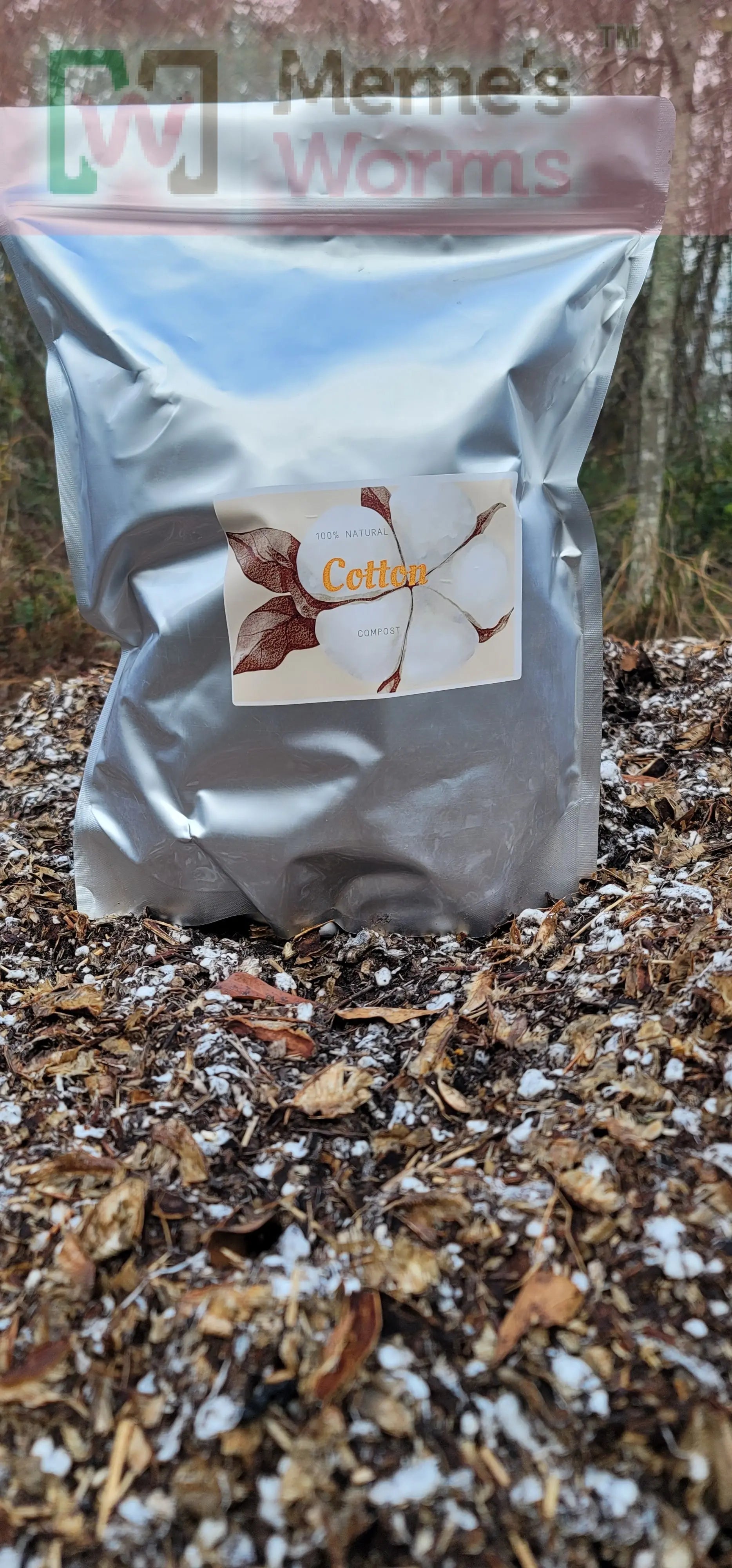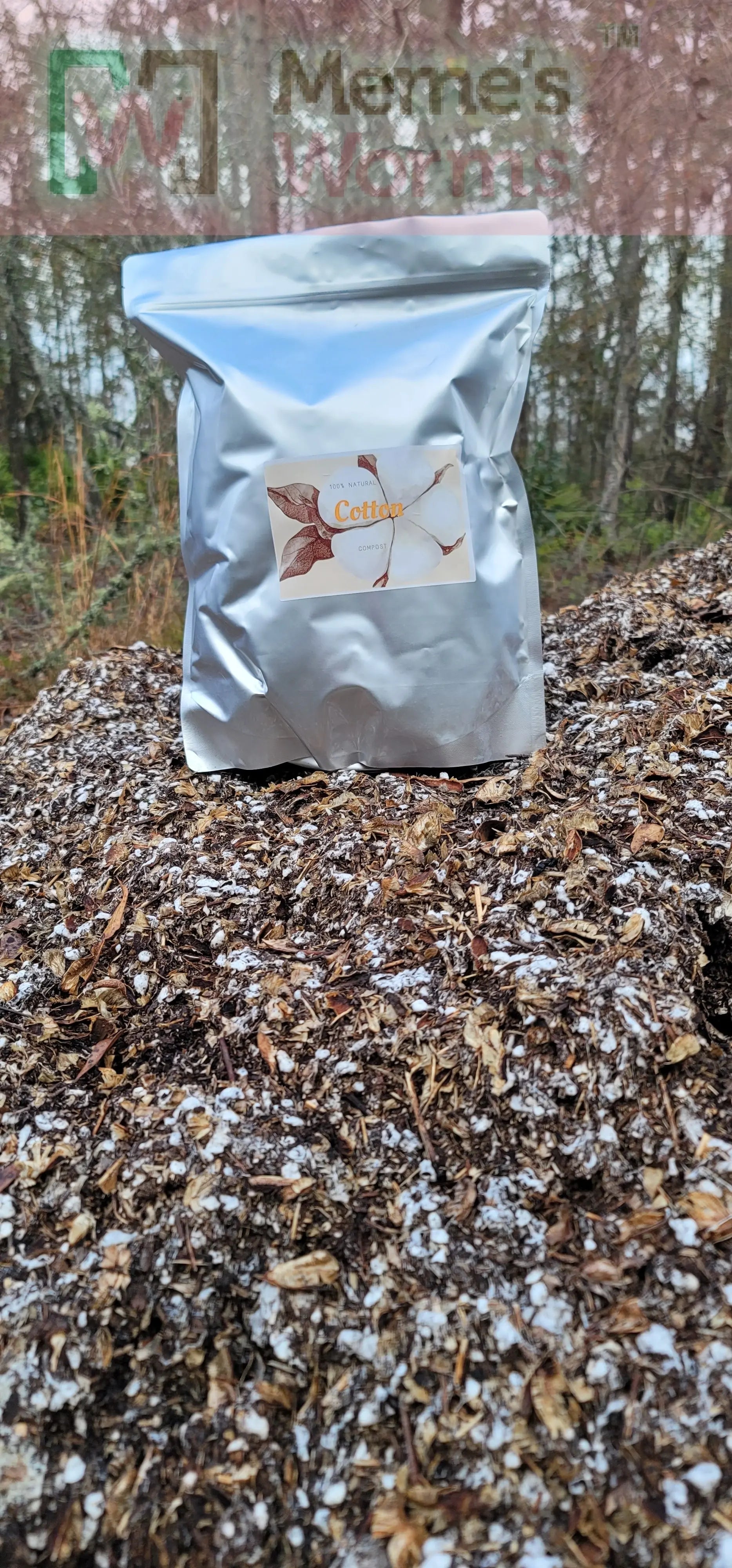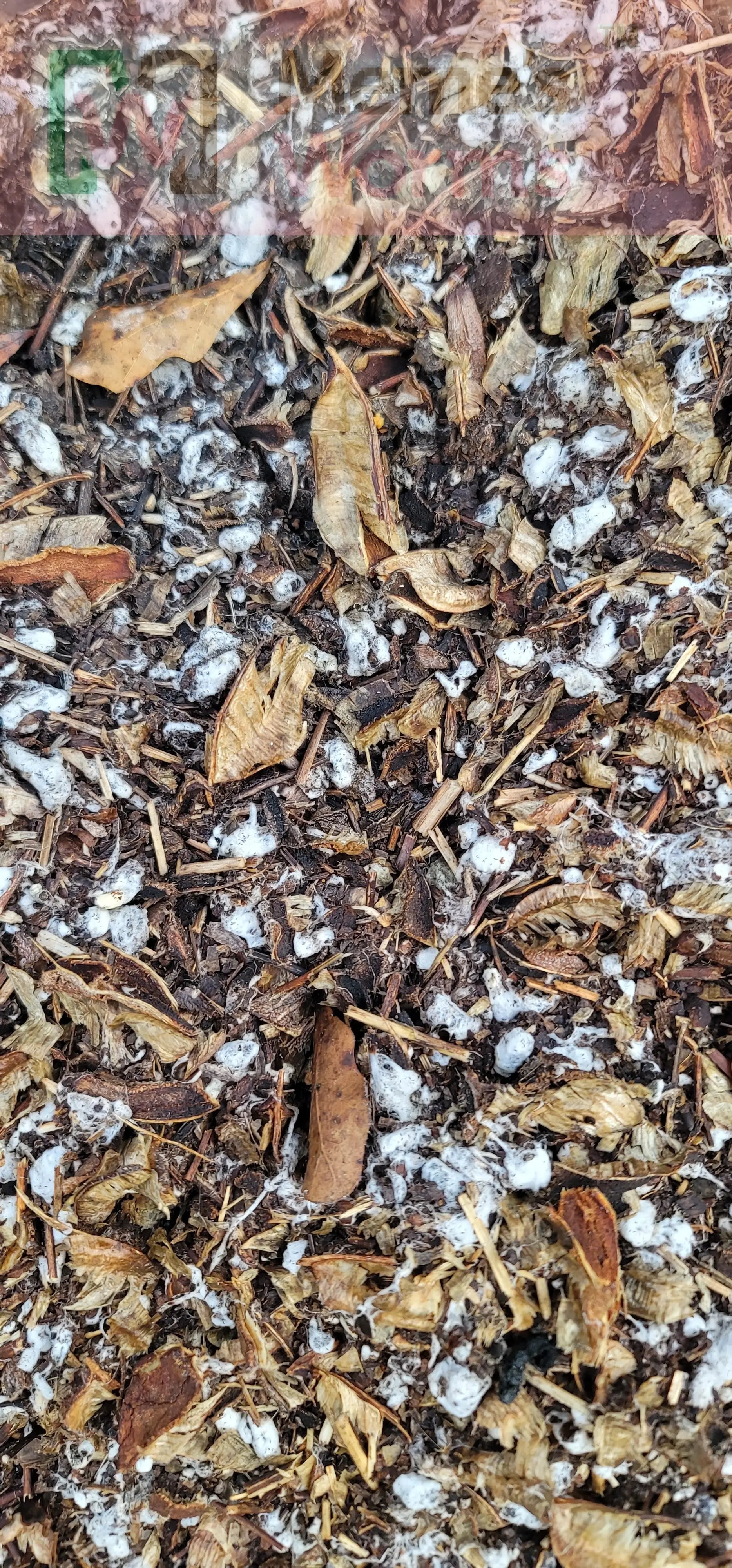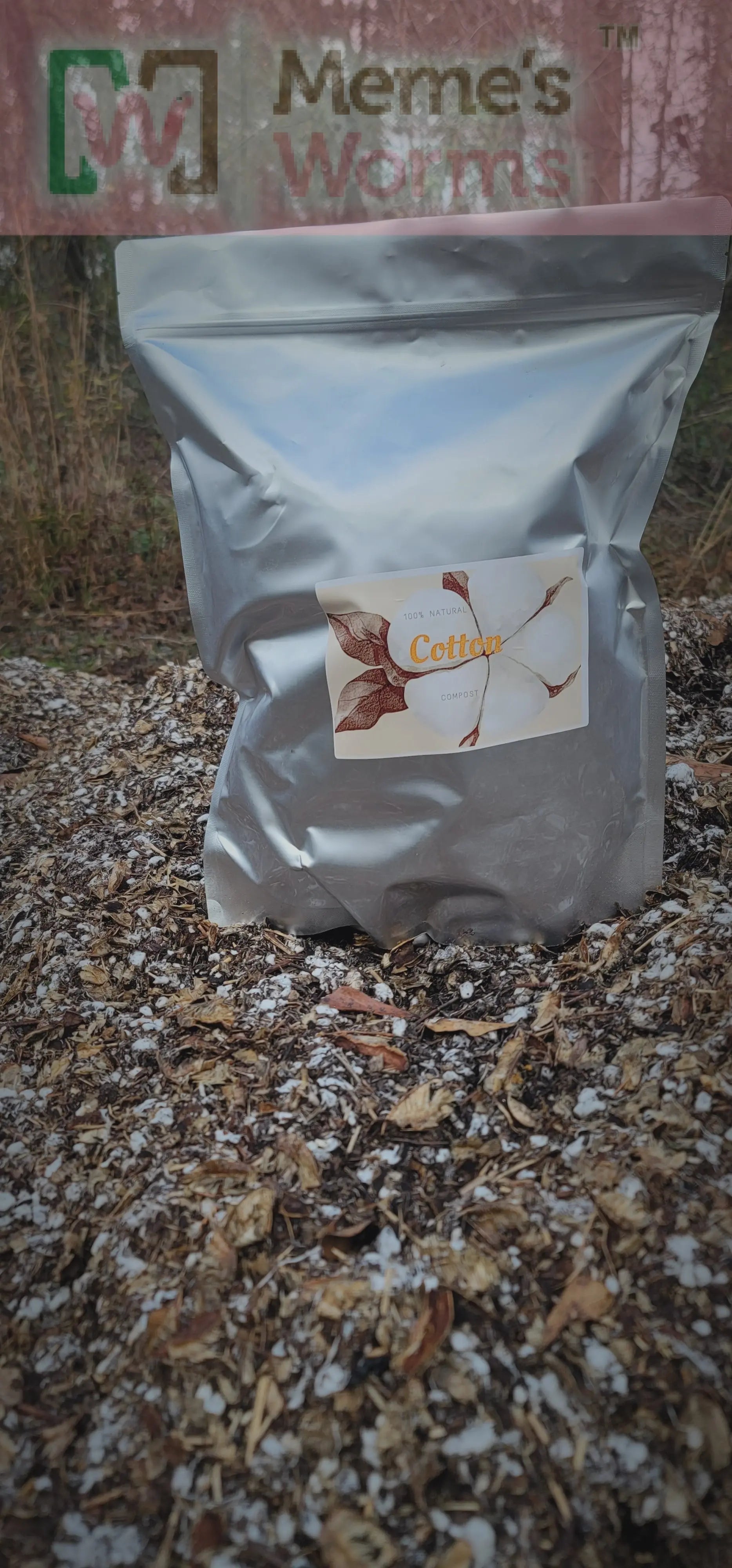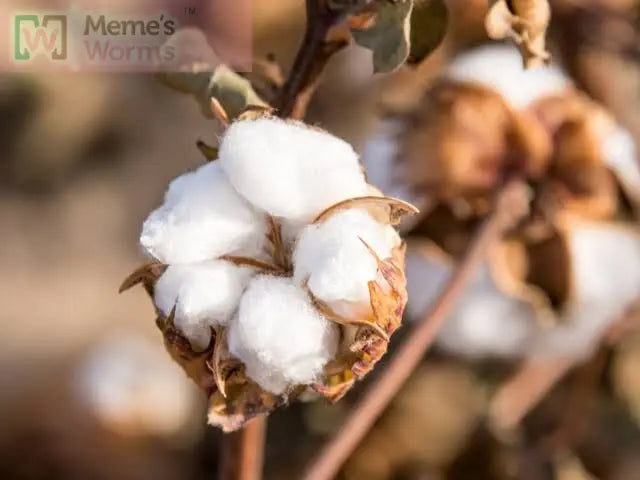They arrived alive. All of them moving and thriving. Can't wait to see how they grow. They're definitely skinny right now but it's understandable.
Despite the cold weather, Mimi’s worms have settled in well. They are loving their new home in Rhode Island.
The Euros arrived in great shape. All alive and wiggly. I'm very pleased.

